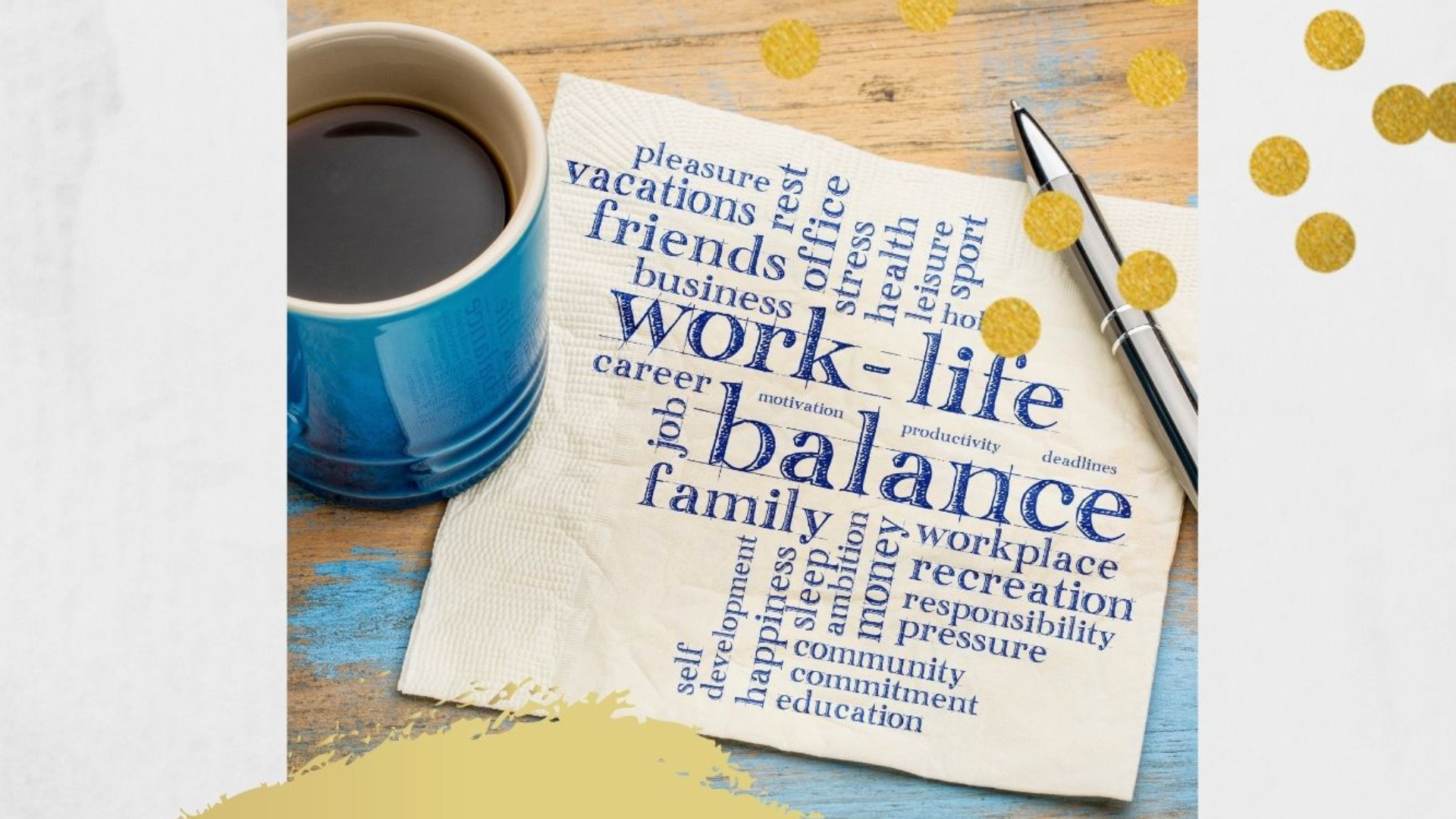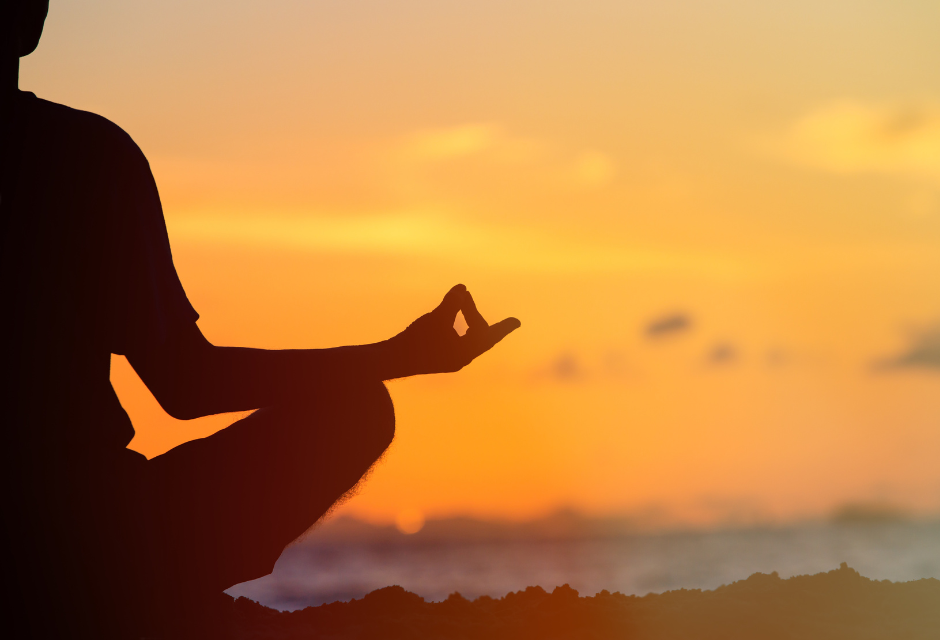Riding the waves of anger, sadness and pain are part of the journey
Gratitude practices are among the most powerful tools for healing, yet it’s important to allow your emotions full expression and not suppress them in times of difficulty.
A young friend on Facebook, let’s call her Anastasia, recently revealed that she has been diagnosed with cancer, and the farthest thing from her mind is gratitude. “Why me?’ is what she quite naturally asks us.
Grief, fear and anger are natural reactions and emotions which must be allowed to have their due course and expression.
So called ‘negative emotions’ tell us that we’re in danger.
They tell us we need to do something about our situation. If they’re repressed then it’s likely that they will affect our body and unconscious by causing ongoing stress. Instead we need to accept and deal with them in healthy ways.
It’s a catch 22, fear, anger, and resentment are not very useful in the face of modern tragedy like loss of our job, health, or loved ones through death or divorce. There is no reaction that will remove us from the danger, except to answer their call for us to seek help, process events mindfully and take action in our own time.
Anastasia reaches out to us for understanding and sympathy, and we respond. This is healthy, to seek comfort from friends, family, and get help from professionals too in times of personal tragedy.
The first feelings of gratitude may be relief that it’s not as bad for us as someone else we know.
I was moved by the account of Karen Blixen in her book ‘Out of Africa’, where she describes her experience of losing her farm. A friend of hers comes to visit for a few weeks, and the entire time the sentiment ‘thank god it’s not me’ was unspoken under the surface. Rather than feel resentment, Blixen understands, and is grateful that this friend isn’t losing her own farm which came close for her too.
At first Blixen was paralyzed by the tragedy, she felt responsible for losing the coffee farm and that all her tenants would have nowhere to live as the land was being turned into a suburb of Nairobi. Finally she rallies and spends her last months dealing with government officials until she secures land for all the people in a nearby conservation reserve.
Riding the waves of pain, fear and grief must ultimately lead us to whatever action can help. Gathering resources and educating ourselves to determine the best course of action moves us out of emotional inertia, reviving our hope and energy.
Calming and restoring body and mind, journaling and expressing gratitude are powerful tools
Use them when you’re ready, and until that time, all feelings are valid and healthy. For my friend Anastasia, I wish for her that in facing death she can be reborn and live according to what she wants and needs, releasing the beliefs that limit her. This will be a true cause for gratitude.
Love, gratitude, and joy are feelings which support healing, and are important to cultivate, but ultimately, they are not emotions which are constant. As William Blake once wrote “Joy and Sorrow woven fine, clothing for the soul divine”.



